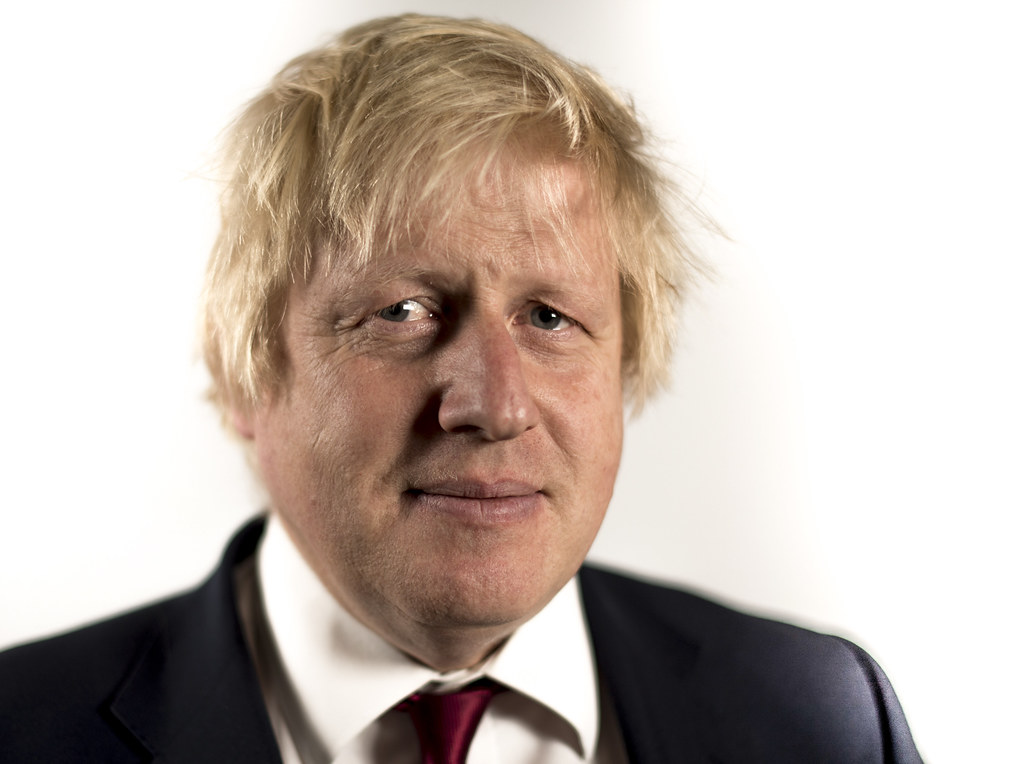Prime Minister Boris Johnson is expected to announce a National Living Wage increase to £9.42 an hour within a matter of weeks.
The rise will be introduced as part of the government’s plans to end the “low-wage, low growth economy”.
The Times reports that Boris Johnson has taken the recommendations of independent advisors to raise the National Living Wage by 5.7 per cent. For somebody that works a 35-hour week, that would get them an extra £928 per year before tax.
The £9.42 raise would be the third biggest annual rise since the financial crash.
Johnson is expected to say today that he has the “guts” to change and level up the UK. “After decades of drift and dither, this reforming government, this can-do government that got Brexit done, is getting the vaccine rollout done and is going to get social care done,” he is expected to say.
Recommendations on the rate of minimum wage are made each year by the Low Pay Commission, an independent expert advisory body. An April report estimated that its 2022 recommendation would be £9.42 an hour. Sources believe that the final recommendation could rise to £9.45, but not much more than that.
The increases are part of a government-set target for the National Living Wage to reach two-thirds of median earnings by 2024.
Yesterday it was revealed that some cabinet ministers think that businesses have become “drunk on cheap labour”. The Prime Minister wants businesses to offer higher pay to attract more staff into sectors where there are shortages.
A recent report from the Resolution Foundation also said: “Improvements in conditions would be very welcome given the poor record that many migrant-dense industries currently have when it comes to labour market rights.”
However, the question remains as to where cash-strapped small firms would find the extra money for employee pay. A significant wage rise could hit these businesses as they struggle with the aftermath of the pandemic and prepare for increased national insurance contributions.









Not sure how struggling small companies are expected to finance this. It’s not just a rise in the hourly rate but also additional NI and pension contributions! I can see this being the cause of the collapse of many struggling small firms!
Higher employees wages means the cost of prices to charge customers would rise resulting in refusal to pay which means we lose contracts and in return we put more people out of work because there is no work to employ them.
If this results in employees feeling more valued then in their cases it is a good investment. Unfortunately that result will not be seen in every case.
Why doesn’t the government cut income tax and national insurance contributions for the near future to help lowest paid workers, and give smaller companies a chance to recover from COVID problems
before facing higher wage costs?